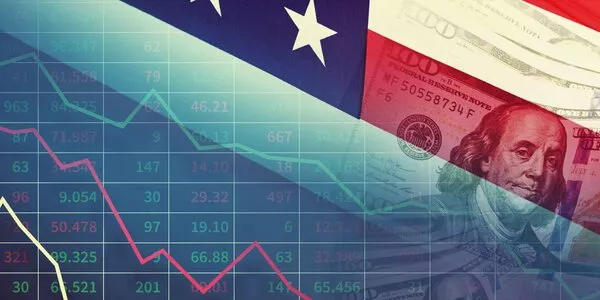
Millennials: redefining the rules
In a nutshell
“Millennials” are the generation born approximately between 1980 and 2000, i.e. people aged today between 16 and 35. Also known as the “Digital Generation”, “generation Y” or “Echo Boomers”, this first generation of digital natives is reshaping consumer habits – a phenomenon that is emphasized by the exponential growth of the sharing economy.
Growing influence
According to the United Nations, there are around 2 billion millennials or over one-quarter of the world population, with 86% of them living in emerging countries. They outnumber Baby Boomers in Brazil, China and India. Even in the US, they are now the largest generation on record at 81.1 million and their share of the total population is set to peak in 2025. At this point, millennials will represent some 75% of the world’s workforce*. Their annual income could reach $8.3tn by 2025 in the US alone. Today, American millennials already generate some $1.3tn of direct annual consumer spending. It is also estimated that they will receive a wealth transfer of $40tn from Baby Boomers. They will thus become the main drivers of consumption in coming decades.
(*) July 2015 study conducted by BoA Merrill Lynch, based on data from the US Census Bureau and Pew Research.
New consumer habits
Behavioural studies on millennials point to changing spending patterns, some of which are outlined here:
- These tech-savvy over-connected individuals favour easier and cheaper ways of consuming via internet, social networks, e-commerce and price-comparison. They are looking for multi-channel delivery.
- Their attachment to effective time and cost management drives them towards low cost companies, the sharing economy, and e-banking.
- They tend to be more environmentally aware and are mindful of the importance of clean energy technology. This may encourage investment in more socially-responsible domains. 73% of millennial investors believe they can achieve good returns on companies based on their social and environment impact (US Trust).
Overall, many areas of business will be disrupted in coming years. Companies able to anticipate and/or adapt quickly to these new consumer trends will be the main beneficiaries of millennials’ growing spending power. This will create investment opportunities in sectors such as technology, consumer goods and services (hotels and leisure, gaming, social media...), health and wellness, education and financial services for example.




